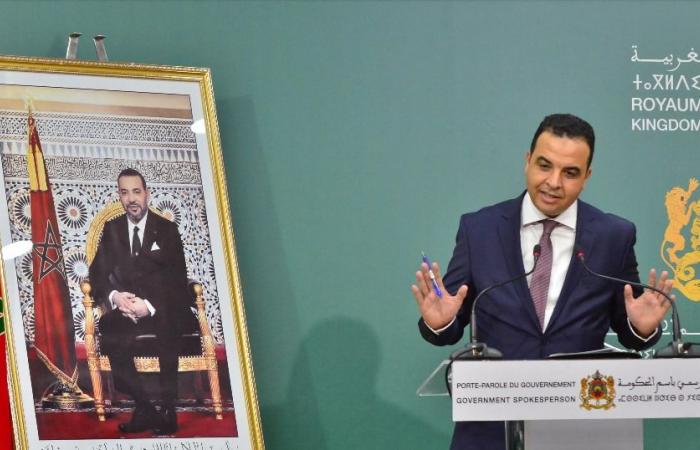Faced with increasingly tense inflation, the government is considering a further increase in the price of butane gas, a source of great concern among the population. After an initial increase of 10 dirhams in May 2023, the price of 12 kg gas bottles is now 50 dirhams, a measure which has already caused gnashing of teeth, and which could well be repeated this year, bringing the cost to 60 dirhams. A prospect that particularly worries low-income households.
The government, faced with a deficit in the compensation fund, is forced to reexamine its subsidy policy. Indeed, the annual consumption of butane gas in Morocco is estimated at 2.8 billion tonnes, which requires the State to pay more than 15 billion dirhams to maintain prices at an affordable level. However, the decision to gradually reduce these subsidies has already been made, with the aim of strengthening the financial viability of the fund while reducing the burden on the State.
The Ministry of Economy and Finance should very soon formalize the increase of 10 additional dirhams on the price of the 12 kg gas bottle, a decision which should take place during the year 2025. However, the government wanted to reassure the population by specifying that this new increase will not coincide with the month of Ramadan, a period of sharp increase in the consumption of essential products, in particular butane gas.
The rise in prices of basic necessities, including butane gas, is part of an inflationary cycle which weighs heavily on household budgets. In 2023, inflation continued to rise, exacerbated by the war in Ukraine and global tensions, leading to increases in many sectors, from food to fuel. The recent tax reform, aimed at relieving pressure on the middle classes, has not fully met the population’s expectations.
Read also: Morocco imports 1.4 million tonnes of butane gas in 2024
The government has introduced an income tax cut for workers and retirees, but this measure, while welcome for some, does not offset the continued rise in the cost of living. The reform, although progressive, raises eyebrows. Moroccans, already hit by galloping inflation, are struggling to see the effects of these tax adjustments, especially those whose income has not kept up with the rise in prices.
Tax reform aims to redistribute wealth, but concerns are growing about its real effectiveness in the face of the current economic situation. The question of subsidies, in particular for energy products, is part of the public debate, and part of the population wonders if the elimination of this aid does not risk worsening precariousness for the most vulnerable.
Social impact against the government’s line of defense
The increase in the price of butane gas is a new blow for Moroccan households. With the real cost of a 12 kg gas bottle estimated at 96 dirhams, the State still subsidizes nearly 46.39 dirhams per bottle. However, with the planned increase, the government appears ready to take on a less and lesser share of this subsidy, which could push the price up to 70 dirhams next year. This prospect is particularly worrying for low-income families, already subject to the pressure of inflation which affects all sectors.
The holy month of Ramadan, scheduled for March, is often synonymous with an increase in the consumption of basic necessities, and therefore an increase in household spending. Furthermore, tax reform, although intended to support the middle classes, is not enough to alleviate the burden on citizens who see their food and energy resources dwindle under the effect of inflation. Morocco finds itself at a crossroads, where the balance between social support and fiscal adjustments remains fragile.
In this increasingly difficult context, the government defends itself by emphasizing that these increases are part of “ measures and efforts to strengthen social protection » in the long term. The government spokesperson, Mustafa Baitas, justified these increases as being necessary to finance direct aid to the most deprived citizens, in particular through targeted aid from the compensation fund.
However, this line of defense is struggling to convince certain observers and citizens, who believe that these measures risk further penalizing a population already weakened by continuous price increases.
The increase of 10 dirhams per year for butane gas thus seems to be part of an inflationary cycle that is difficult to control, testing the State’s capacity to support households while managing the energy transition and tax reform. .






